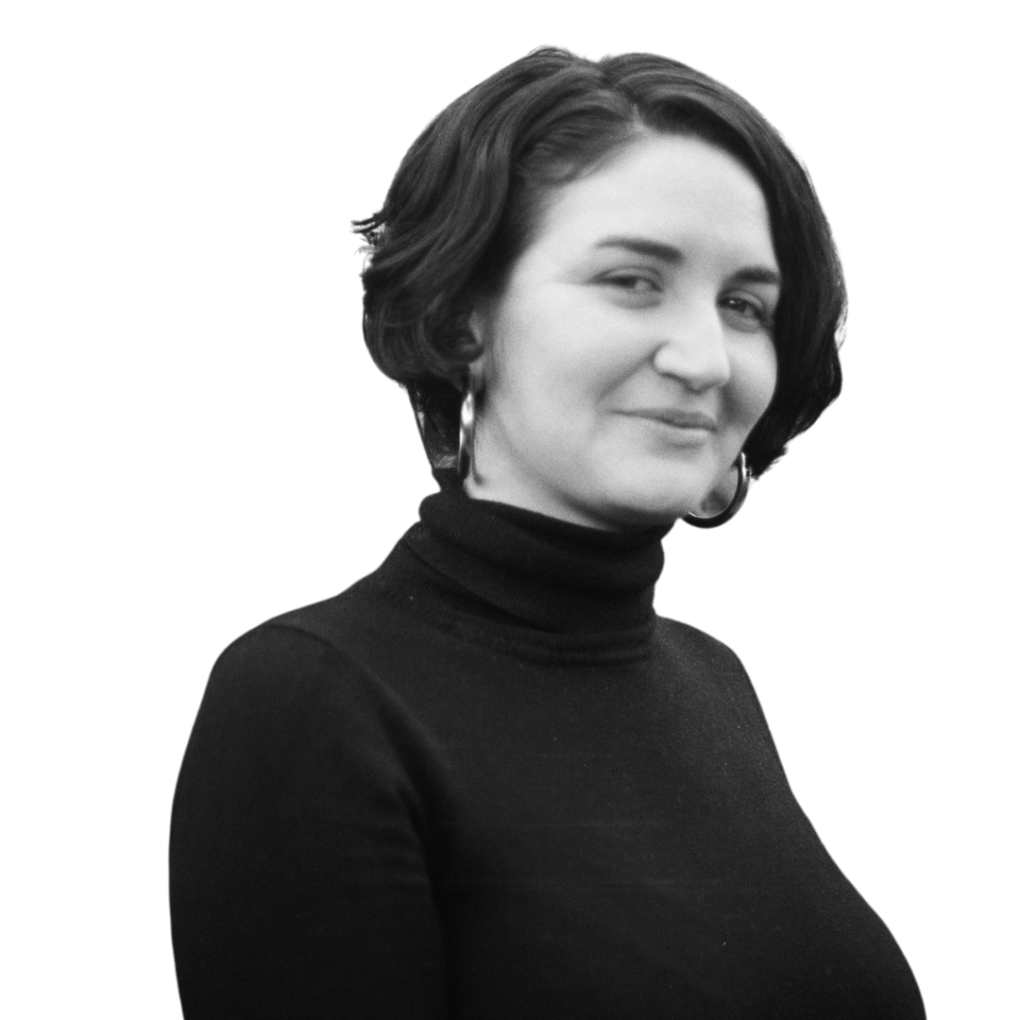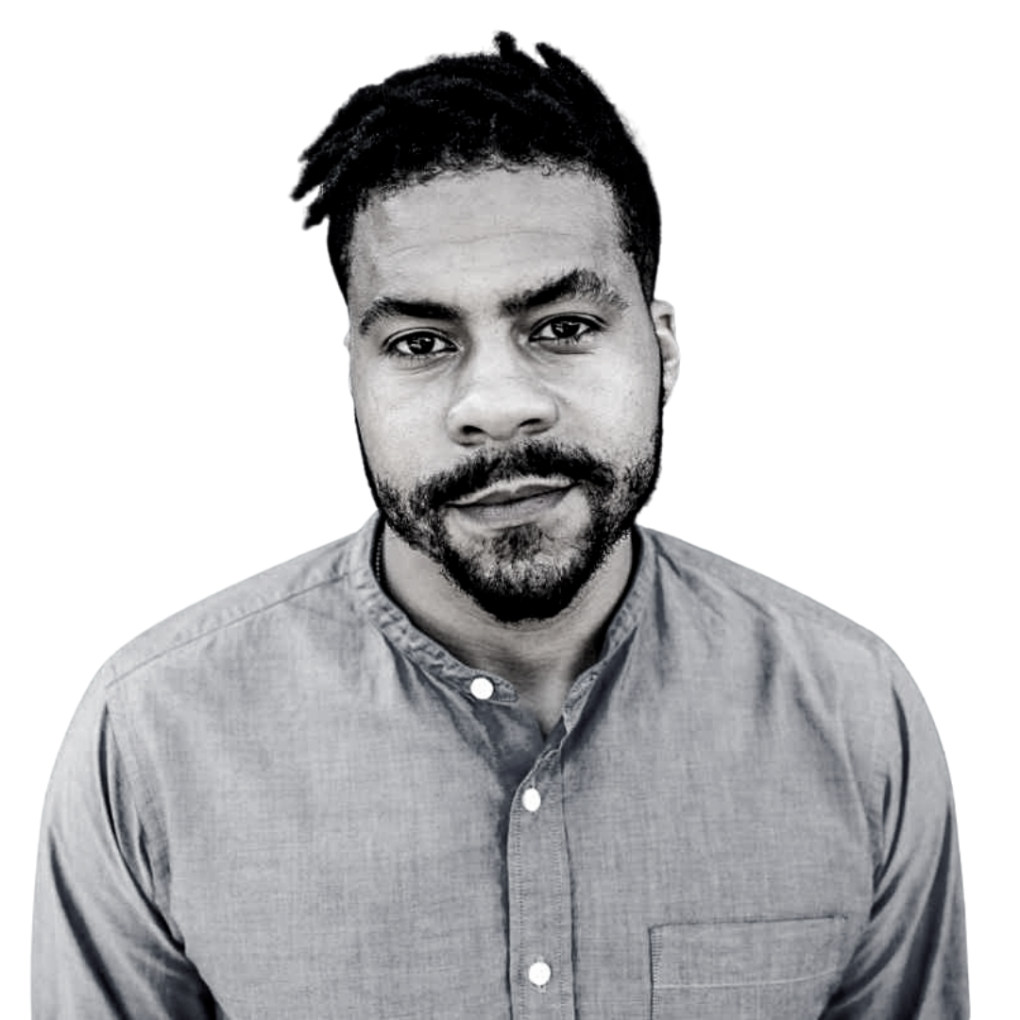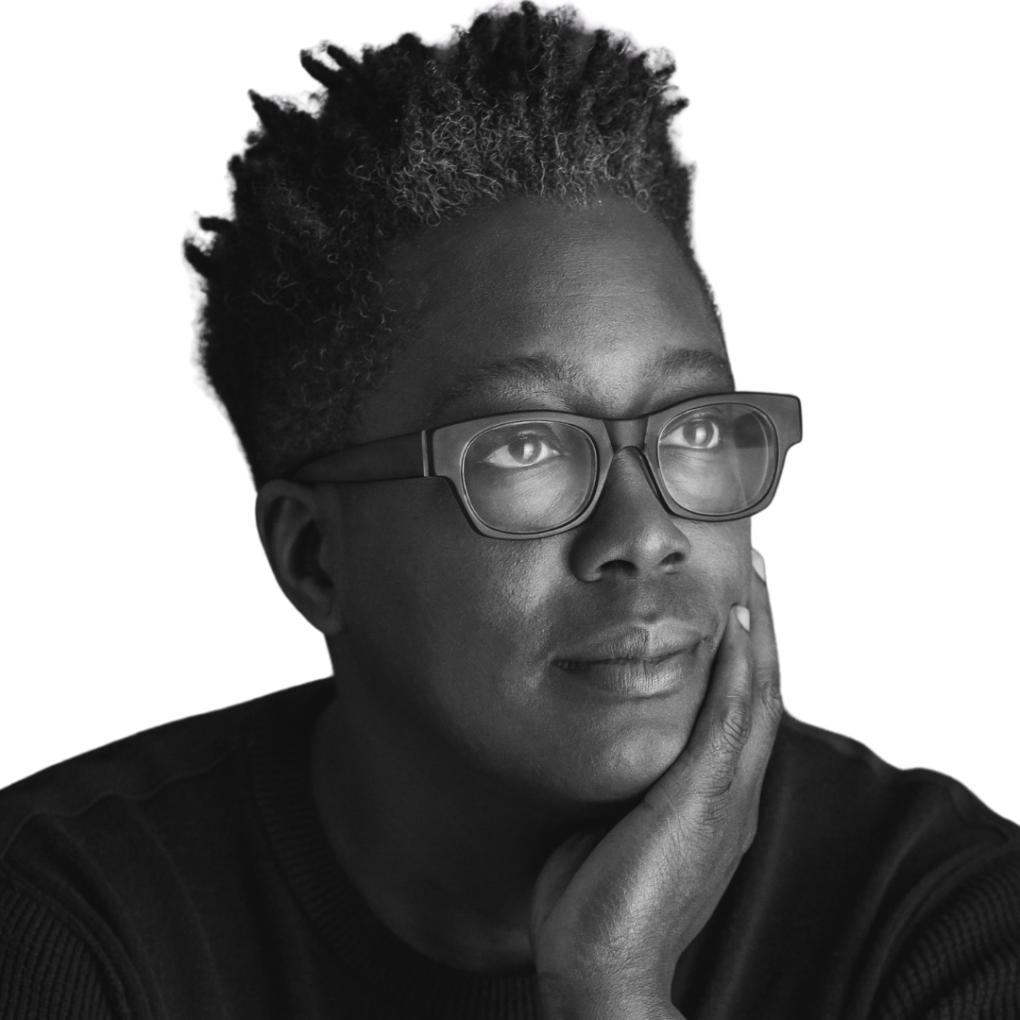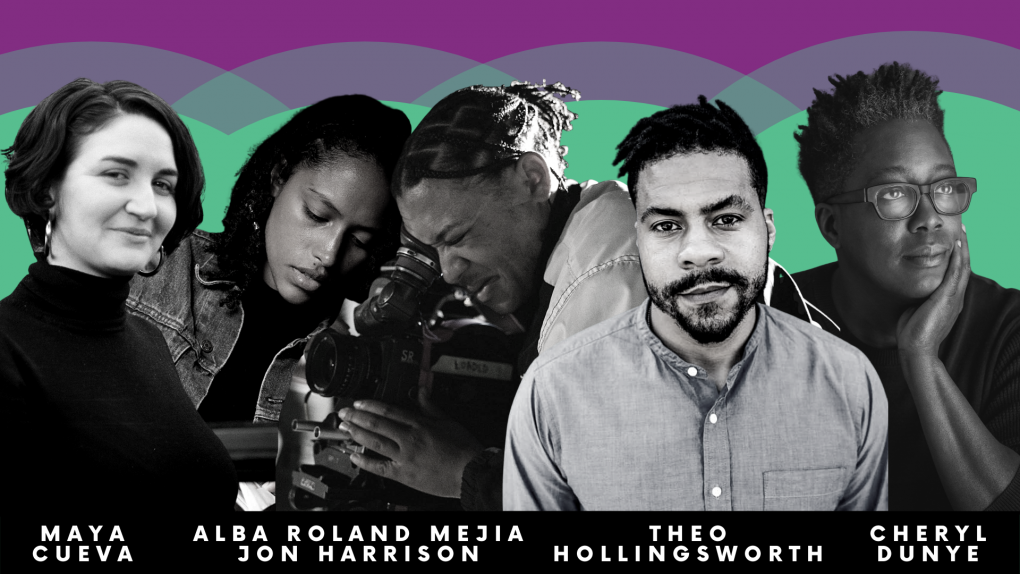Filmmaking is arguably the highest form of storytelling. To incorporate sounds, sights and poetry all into one final product is a feat to behold. All the while, another operation is unfolding behind the scenes: dealing with unpredictable weather, technical glitches, and human errors—and still producing a quality story. It’s inspiring work.
Over the next four weeks, we’re going to take a dive into the stories of a handful of filmmakers currently making art in our region. These filmmakers discuss the big questions behind their documentaries, the truths behind their fictions and how the Bay Area has influenced their work. We’re calling this filmmaker series Reel Talk.
A couple of them are from here, and a couple of them have made this their chosen home. And all of them are filmmakers I think you should know.
Maya Cueva
Episode available now. Listen below.

Berkeley’s Maya Cueva makes documentary films that cover the heavy topics of immigration, reproductive justice and xenophobia.
“I don’t think of myself as the voice of the voiceless…I think what’s important is approaching it in a way where we’re asking, ‘What are stories you feel like aren’t being told or how do you feel like you’ve been misrepresented or ignored?’” says Cueva.
Cueva says her journey into professional storytelling began after covering current events at Youth Radio (now YR Media) as a teen. While attending Ithaca College in New York, she began work on her first film, The Provider, which follows Dr. Shannon Carr as she performs abortions in Texas in the midst of a heated battle for reproductive rights.
That film led to another, On The Divide, which looks at the last abortion clinic on the U.S./Mexico border; the film is currently in production. Between creating those films, she’s produced an animated film about her father’s immigration experience to the U.S. from Peru, Only the Moon/ Solamente La Luna.
And earlier this month Cueva debuted Ale Libre. This story follows reproductive rights organizer and undocumented activist Alejandra Pablos in her fight against deportation. The film recently debuted at the Big Sky Doc Fest, and later this month will be showing at the San Diego Latino Film Festival, Salem Film Festival and the Thin Line Fest.
Alba Roland Mejia and Jon Warfield Harrison
Episode drops March 12, 2021

San Francisco State graduates Alba Roland Mejia and Jon Warfield Harrison are in the early stages of their careers as filmmakers. They’ve released a handful of short films which are artistic, a bit experimental and occasionally include a dash of science fiction.
Their first collaboration, My Own Mecca, looks at a day in the life of a young man at a crossroads, learning to navigate relationships, rent and the world around him. Their most recent work, Blackness is Everything, is an experimental film that features the faces and talents of some pretty well-known Bay Area-based Black artists. The short film, made possible with the support of BAYCAT, debuted in February and made for a quality visual experience in the middle of Black History Month.
But behind the scenes is the real story: Alba and Jon have come together to create a working relationship that’s balanced and productive, and evidently this workflow rubs off on the people around them.
“It was just beautiful to see,” says Jon Warfield Harrison, describing the day on the set when community members lent a hand to help production. “It was a collaboration between like 25 different humans. And then all these background people we didn’t even really know, just coming together to make a movie in Oakland.”
In this episode, we discuss how the filmmakers work together to build suspense in their stories, pray to film gods that their scenes are captured correctly and collaborate with the community to create cinema.
Theo Hollingsworth
Episode drops March 19, 2021

Theo Hollingsworth knows about nerds. Back when he attended Howard University, he was given the nickname “spoken nerd” because of his personality and passion for poetry.
“A blerd, which I totally ride with, is a Black nerd.” says Hollingsworth. He has a theory that the rise of stories depicting quirky African Americans is a byproduct of social media. “It’s just so easy now to showcase your nerdy-ass sense of humor or your nerdy-ass interest in comic books or sci-fi or whatever. And when you put that out there, people tend to gravitate toward you.”
He says he’s happy to be a part of the trend. At the same time, given what he’s seen online, he’s started thinking maybe he’s not that nerdy. “I’m like the level two-three nerd, you know what I mean?” says Hollingsworth.
With his day job at Pixar, Hollingsworth is a full-time media maker. But this episode we’re focusing on what he does in his spare time.
Hollingsworth’s independently produced comedic sci-fi series, Sirius Lee: The Problematic Time Transplant, dives into its own nerdom with quantum physics while addressing outdated perspectives on masculinity, gentrification and much more.
Hollingsworth, who grew up in Michigan, Tennessee and New York, has called the Bay Area home for nearly a decade. He has taken it upon himself to get ingrained in the community by doing production gigs with organizations like the Mandela Grocery Cooperative and BAYCAT. With his latest series, Hollingsworth brings local businesses and Bay Area actors into the production process, telling a wacky fictional story that’s rooted in true community support.
Cheryl Dunye
Episode drops March 26, 2021

Filmmaker Cheryl Dunye is a legend. She’s best known for her seminal film, Watermelon Woman, which takes a critical look at the depiction of Black women in cinema; 2021 marks 25 years since it debuted.
In making that film, Dunye, a graduate of Temple University and Rutgers University, created her own style of filmmaking known as “Dunyementary.” It’s a hybrid of first-person documentary and scripted fiction. But in talking to me, Dunye breaks it down to its most simplistic form, “the Dunyementary is Do Your Own Mentary.”
Since then, Dunye has put multiple films under her belt. Most of them do the work that Hollywood hasn’t: putting Black women and queer and trans people in leading roles.
She’s also working on TV shows, directing episodes of Lovecraft Country and Queen Sugar, to name a few.
Dunye, a proud product of Philadelphia, has made Oakland her chosen home for over a decade. She’s even named her production company after a neighborhood in East Oakland, Jingletown Films, and has also produced a film set in Oakland, Black is Blue.
“Oakland is historically one of the most powerful Black spaces, woman spaces and queer spaces in the world,” says Dunye, and this intersecting epicenter pulled her to move here in 2010.
“It’s about Blackness, and liveliness, and realness,” says Dunye, which is true of Oakland, but also of Dunye.
The Bay Area has a rich history when it comes to filmmaking. The list of movies made here includes some heavy hitters: The House On Telegraph Hill, The Birds, The Mack, Guess Who’s Coming To Dinner?, The Joy Luck Club, Mrs. Doubtfire, The Pursuit of Happyness, The Princess Diaries, Godzilla, Coach Carter, Blindspotting, Fruitvale Station and Sorry to Bother You to name a few. I’m not even going to try to list off all of the filmmakers from here, but I will say that both those who are from The Bay and the people who choose to make films here carry the tradition of telling stories that incorporate the Bay Area’s scenic landscapes and deep culture. And there’s nothing like seeing home on the silver screen.
With this series, our aim is to give a little light to a few people who are taking the filmmaking baton and running with it right now… ish.


